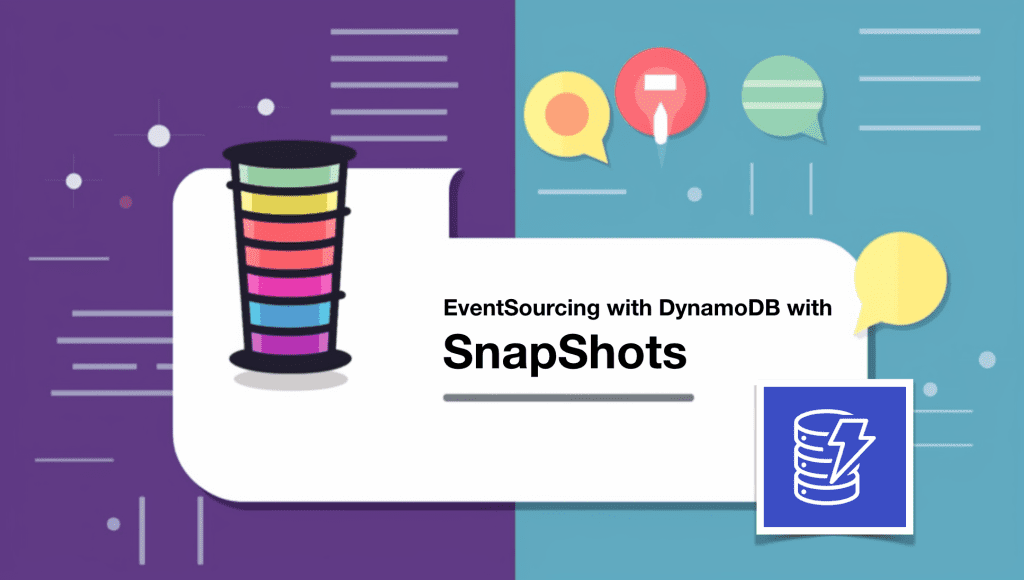A simple event-sourcing example with snapshots using Lambda and DynamoDB
Recently, I have been helping a client implement an event-sourced system. In the process, I put together a very simple demo app to illustrate how one could build such a system using Lambda and DynamoDB. The source code is available on GitHub here. Before you go ahead and read all about the demo app, I …
A simple event-sourcing example with snapshots using Lambda and DynamoDB Read More »



